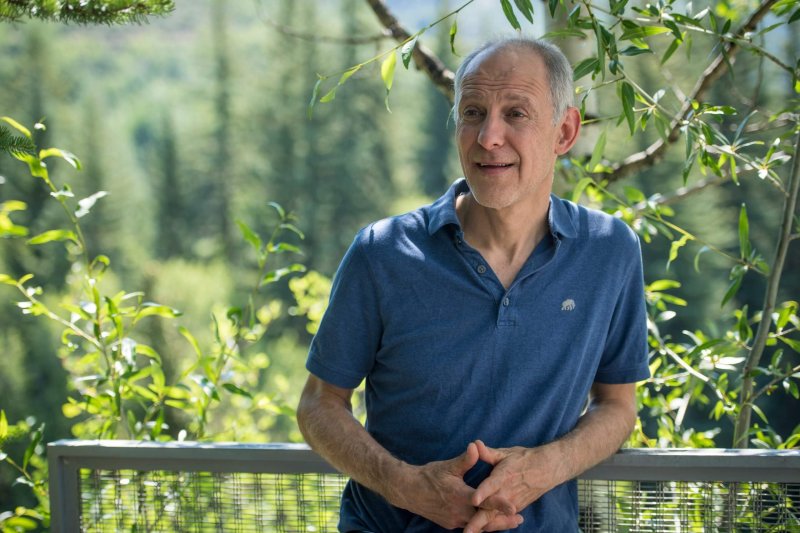In October 2014, [physician and medical ethicist] Ezekiel Emanuel published an essay in the Atlantic called “Why I Hope to Die at 75.”
…
Emanuel, now 62, talked with me about the social implications of longevity research and why he isn’t a fan of extending life spans.
…
Q: The buzzword in longevity research is “health span”—living a maximum life with a minimal amount of disability or ill health. Isn’t that a worthwhile goal?
A: If you ask anyone, “All right, design out the life you want,” I think people initially say, “Oh, I want to keep going as fast as I can, and then just fall off a cliff.” And then they reconsider: “Well, maybe I don’t want to die of a heart attack or a stroke in the middle of the night. I want to say goodbye to my family. So I want some gentle decline, but a very short amount of time. You know, months, not years.”
It makes perfect sense. I’m no different. I would like to maintain my vigor, my intellectual capacity, my productivity, all the way through to the end. But I think we also need to be realistic—that’s not the way most of us are going to live.































